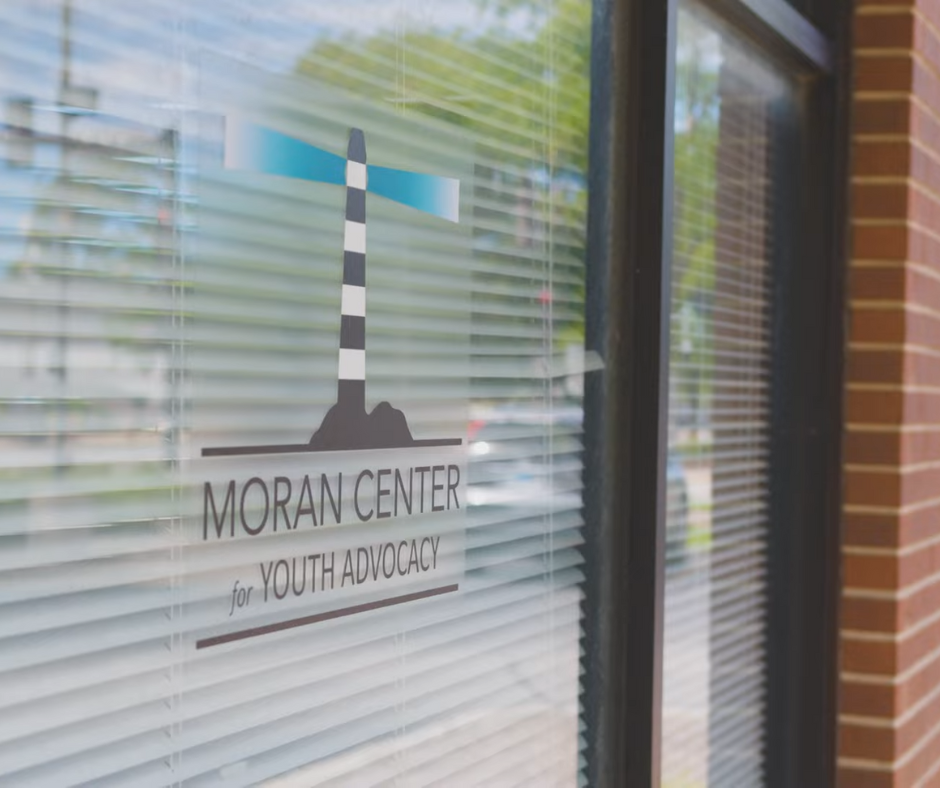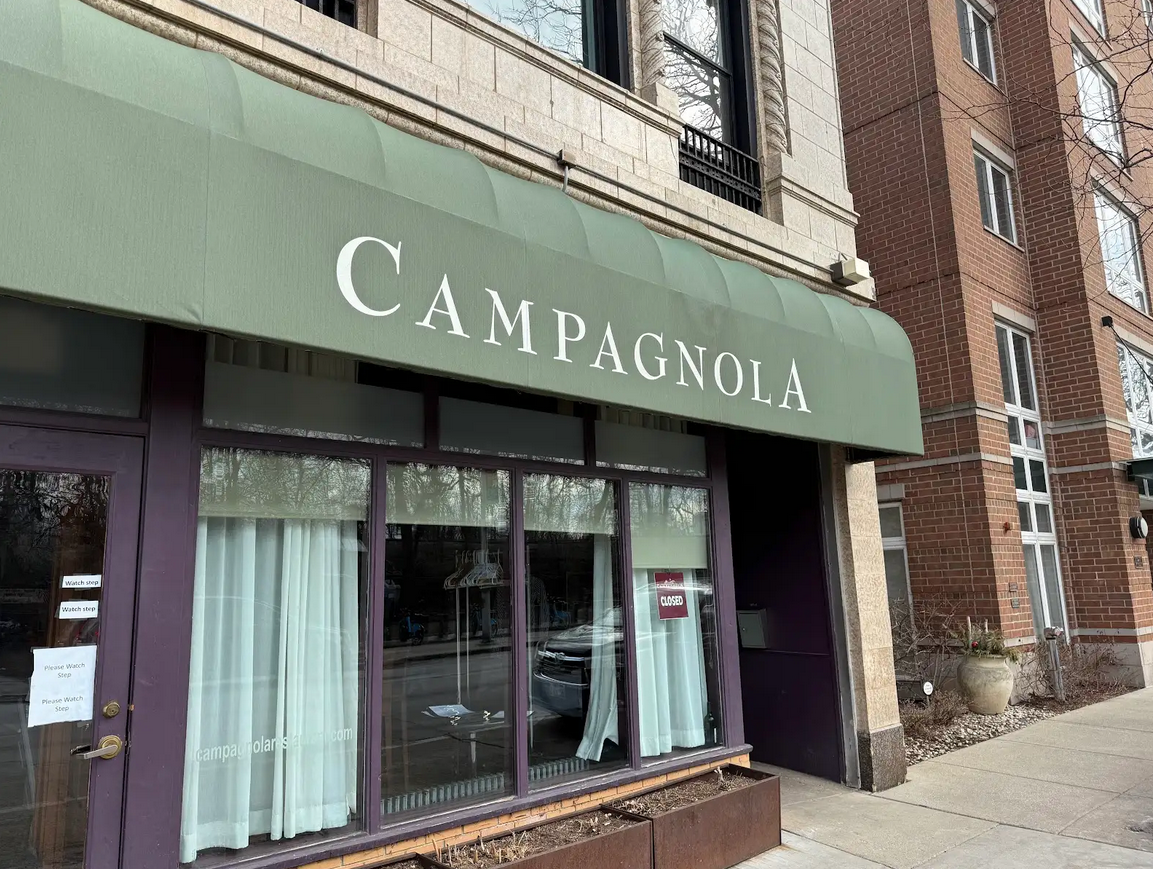Since 1972, the James B. Moran Center for Youth Advocacy has provided legal and social work services free of charge to those in need in the Evanston community.
Originally, the Moran Center was founded to provide representation for youth involved in the criminal justice system. Since then, it has expanded to services related to education advocacy, legal guardianship and immigration. It continues to adapt in the wake of President Donald Trump’s crackdown on immigration.
The Moran Center’s website highlights four main avenues in which it works: justice in the classroom, public policy and community education, access to the courtroom and restoration in the community.
“All of our services are integrated to really holistically help the young people and families that we’re serving,” said Rachel Solomon, the Moran Center’s director of development and communications.
The Moran Center operates one of the largest criminal record relief practices in Illinois, said Patrick Keenan-Devlin (Bienen ’06), the center’s executive director and youth defense attorney. The center’s Criminal Record Relief team provides free services to those who want to expunge or seal their Illinois criminal history, reducing barriers to employment and education.
Solomon said the center prevents youth from entering the carceral system, which can affect future opportunities. Since its launch in 2019, the center’s Roger Pascal Restorative Justice Initiative has kept 102 youth out of the carceral system.
“I often refer to our restorative justice initiative as our get out of business plan, because if we know each other, if we are in relationship with each other, we become less reliant on systems with a capital ‘S,’” Keenan-Devlin said. “The ultimate vision plan for the Moran Center is that we are building a community that’s in relationship with each other, that doesn’t need us at the end of the day.”
Keenan-Devlin said the Moran Center defines “youth” as someone under the age of 26 because research indicates that a young person’s frontal lobe is not fully developed until that age.
The center sometimes interacts with these youth directly, such as helping children seek emancipation or representing children in disputes with their school district.
It most often assists children’s caregivers, said Megan McClung, managing attorney and school-based civil legal clinic at the Moran Center.
“If we can support the parents, then we’re supporting the children, and directly because there’s so much evidence out there that kids face traumatic experiences when their parents are undergoing something like an eviction or a job loss, and they’re denied unemployment benefits,” McClung said.
Currently, the Moran Center is expanding and adapting services available to immigrants. Last year, McClung said the center saw a 400% increase in requests for immigration legal services.
McClung said the shift in policies under the Trump administration changes how the Moran Center aids immigrants. For example, last year the center helped immigrants obtain temporary protected status, which affords immigrants from countries where it is unsafe for them to return to the ability to live and work in the United States. But with the new administration rolling back temporary protected status for Venezuelans, the center must change how they support certain immigrant groups, McClung noted.
For the most part, McClung said the Moran Center offers indirect services to meet immigrant needs like answering questions from schools, social workers, local agencies and homeless shelters who are looking for guidance as more families reach out seeking help. The Moran Center has also posted easy-to-access information online in multiple languages, Solomon added.
“We’ve been serving immigrant families the entire time. This is our community,” Solomon said. “We’ve really wanted to make sure that resources are extra accessible to those who need them right now.”
Keenan-Devlin noted that the increased demand for immigration legal services predates Trump’s second inauguration. The Moran Center had plans to expand immigration resources to fulfill the community’s unmet needs. Trump’s inauguration has just strengthened commitment to these goals, he said.
McClung said she remains hopeful that the laws are strong enough to “protect against the stirring up of unfounded fear.” She and Keenan-Devlin both said that immigrant communities can better combat these efforts if they are informed of their rights.
Keenan-Devlin said he recently spoke with executive director of the National Immigrant Justice Center Mary Meg McCarthy who reported that ICE deported significantly fewer immigrants than they planned in the first weekend following Trump’s inauguration.
“ICE enforcement admittedly shared that they were constrained by individuals knowing their rights, and by knowing their rights they really failed — in their at least initial efforts — to round up immigrants for deportation purposes,” Keenan-Devlin said.
Keenan-Devlin said he is confident that federal laws, state laws and precedent will uphold against the Trump administration’s efforts to roll back the U.S. Department of Education and LGBTQ+ rights.
“The Moran Center has and always will affirm the humanity of the young people that we serve and affirm the dignity of the young people and families that we serve, no matter how they identify or where they come from,” Solomon said.
Email: laurahorne2027@u.northwestern.edu
Related Stories:
— Students prepare ahead of potential immigration raids in Chicago
— City Council to discuss immigration policy, Envision Evanston 2045
— Formerly incarcerated individuals and educators discuss prison education and reentry at NPEP panel







